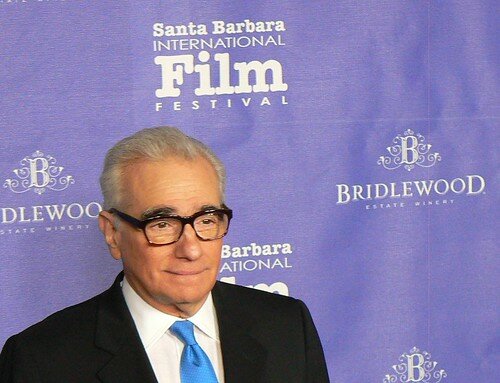This ongoing superhero movie debate isn’t about superhero movies.
Before I continue, let me say I’m a fan of Marvel films. I think they’re fun to watch, moving, and well-made. I also think it’s entirely reasonable for us to have different categories of film. It would be off-base, for instance, for us to compare Endgame with Citizen Kane. They’re two entirely different styles of film, two entirely different cultural products. (I borrowed this metric from the late film critic Roger Ebert.)
I don’t think this debate will die down anytime soon. I don’t think it should.
Because what this is really about is how Disney is changing the cinematic market.
Disney, an entertainment juggernaut, has gained even more cultural capital. They’ve acquired companies like Fox, Pixar, Marvel, LucasFilm. Through their Fox acquisition, they own Hulu and have developed Disney+, which makes them major players in the streaming market. According to a March 2019 story in The Atlantic, the Disney-Fox merger means Disney commands an astonishing 35 percent of the market.
What does this mean? What effect will this have?
In October, Martin Scorsese compared Marvel and other films to theme parks and was heavily criticized. So, in November, he wrote an op-ed in the New York Times in which he explained why he is critical of a lot of these big-budget films. He said they took no risks. In what was perhaps the most important paragraph of his op-ed, he said that,
In the past 20 years, as we all know, the movie business has changed on all fronts. But the most ominous change has happened stealthily and under cover of night: the gradual but steady elimination of risk. Many films today are perfect products manufactured for immediate consumption.
I’m one person, and I’m not a professional film critic. I’m a writer, poet, and teacher. But I’m a fan of movies of all kinds. And I find it hard to disagree with Scorsese here.
For example, I saw Star Wars: The Rise of Skywalker and did not like it for the very reasons Scorsese cites. It was very obvious to me that the team behind it jettisoned a solid story for a cinematic experience. Look, it’s your favorite people doing cool things, they seemed to say. And here are the planets you like. Give us your money.
Nothing they did was risky. In fact, whenever the film seemed to introduce something that was genuinely interesting, it would be subverted a few minutes later.
I don’t think Disney necessarily cares about the product it puts out. It knows it can get people to come to theaters and spend money. And we’re living in an age where people will ignore critical consensus and see a movie anyway. (Yes, critics can be wrong, but not always. Their job, at bare minimum, is to see a movie and tell you if it’s bad or good so you can save time and money.)
This creates a feedback loop. People will come, and so Disney will put out more movies like this. And other studios will follow suit. They already are.
What happens to more challenging movies? Matt Zoller Seitz, a film critic I greatly admire and an important chronicler of these trends, pointed out on Twitter that Disney is now making it difficult for people who’d like to see A Hidden Life, Terrence Malick’s latest film. He wrote, “If you’re wondering why you can’t see the new Terrence Malick in a halfway decent theater anywhere in NY, I’ve been told by theater managers it’s because Disney owns it now and are demanding exorbitant terms. It is unaffordable to most of the venues that would’ve happily shown it.”
Ultimately, he said major studios like Disney are training “people to only seek available options. You choose from what is available.”
And if films like Malick’s get pushed aside, that means they won’t make much money. Which means studios, however small, might not back them.
Which means the only movies we’ll get are superhero films, money-grabs like Star Wars and “realistic” remakes of classics like The Lion King, and franchises.
That would utterly impoverish cinema.
That’s why this is a debate worth having.
****
Photo by sbclick 



Comments
Leave a Reply